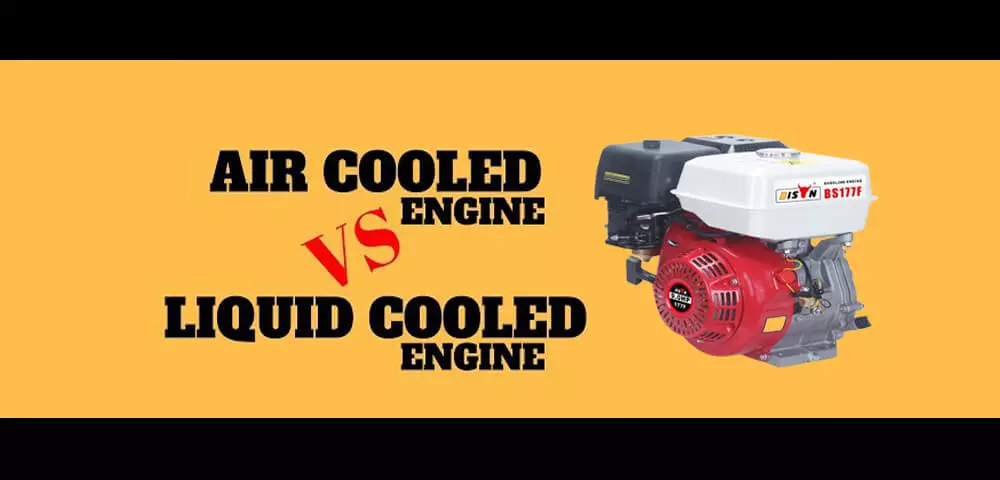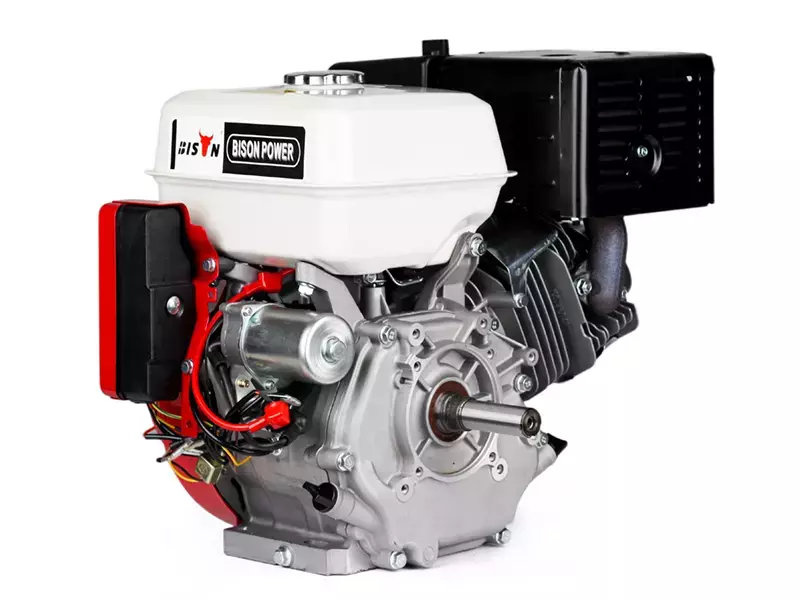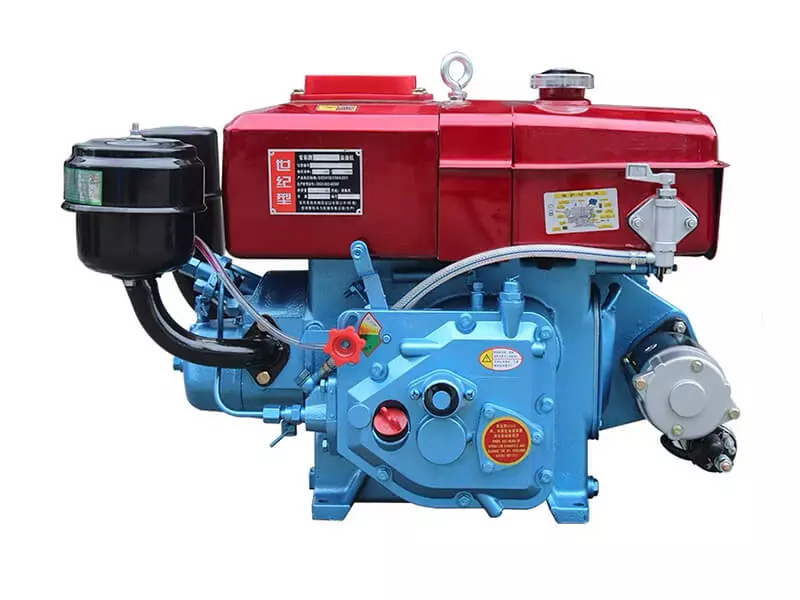25Nov 2023
table of contents

When it comes to engine design, there are offers two popular option: air-cooled and liquid cooled engines, each with their own unique characteristics. In this blog, we'll delve into the world of small engines and explore the differences between these two cooling methods. Start by understanding the basics firstly.
An air cooled engine is an internal combustion engine that relies on airflow to dissipate heat and maintain optimal operating temperature. These engines do not use liquid coolant, instead employing fin surfaces and cooling fans to regulate temperature. They are commonly found in small machinery applications such as generators, water pumps and pressure washers.

Simplicity: Air cooled engines have a straightforward design, which results in lighter weight and simplified maintenance.
Cold Weather Resiliency: Air cooled engines do not need antifreeze and will not freeze in cold weather, unlike liquid cooled engines.
Cost-Effective Maintenance: Air cooled engines typically have lower maintenance costs due to fewer parts and no need for coolant changes.
Limited cooling capacity: Air cooled engines may struggle to cool effectively under heavy load or hot weather conditions, which may result in overheating.
Noise and Vibration: The lack of liquid coolant results in higher noise and vibration levels compared to liquid cooled engines.
Reduced life: A lack of coolant system may shorten the life of certain engine components.
Liquid cooled engines typically use a combination of water and antifreeze liquid coolant, typically, to effectively absorb and disperse heat for optimal performance. The engines have a specialized cooling system comprising a radiator, coolant pump, and hoses. This system effectively regulates the temperature to ensure optimal performance. You can commonly find these engines in automobiles, large motorcycles, and various industrial applications.

Efficient cooling: Liquid cooled engines provide superior cooling capabilities, allowing them to handle higher power outputs and more demanding operating conditions.
Temperature Control: The coolant system precisely regulates temperature to ensure optimal engine performance and service life.
Quieter operation: Using liquid coolant helps reduce noise and vibration levels, allowing the engine to run smoother and quieter.
Increased complexity: Liquid cooled engines involve more components and a more complex design, which can lead to higher manufacturing and maintenance costs.
Susceptible to freezing: In cold climates, the coolant mixture in liquid cooled engines requires antifreeze to prevent freezing, adding additional maintenance considerations.
Weight and size: Liquid cooled engines tend to be heavier and larger than air cooled engines due to the additional components required for the cooling system.
The main difference between air cooled and liquid cooled engines is the cooling method. Air cooled engines rely on airflow and fin surfaces to dissipate heat, while liquid cooled engines utilize liquid coolant circulated through a specialized cooling system. The following table summarizes other differences between air cooled and liquid cooled engines:
| Air cooling engines | Liquid cooling engines |
| air | liquid coolant |
| simpler | more complex |
| lighter | heavier |
| Maintenance is relatively easy | Maintenance is difficult |
| Lower cooling efficiency | Higher cooling efficiency |
| Noisier | Quieter |
| More prone to overheating | Less prone to overheating |
Selecting the appropriate engine relies on distinct requirements. If you seek a budget-friendly, lightweight option, an air cooled engine fits the bill. Conversely, if efficiency and reduced noise are high on your priority list, a liquid cooled engine is a more favorable option.
For air cooled engines, BISON small engines are a reliable and versatile choice. Its single-cylinder design, air-cooling technology and horizontal axis configuration make it an excellent choice for a variety of applications. Whether you need to power a pump, pressure washer or other small machinery, BISON small engines deliver the durability and performance you can trust.
To learn more about BISON small engines and their benefits, visit the BISON manufacturer's official website, explore the engine range and find the engine that best suits your specific needs, and experience what BISON small engines can bring to your equipment difference!
inquiry form here
BISON BLOG, All the latest news and views from Bison Machinery.